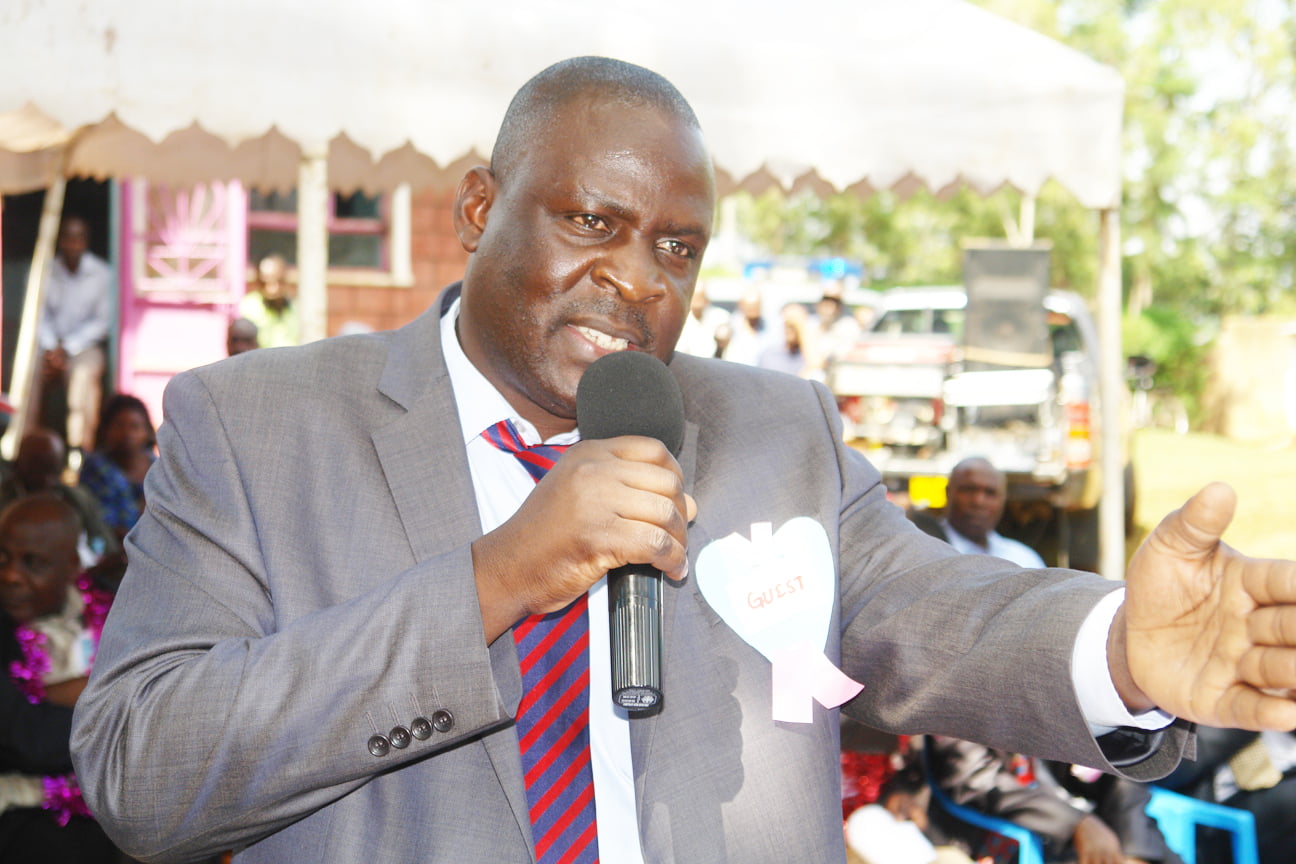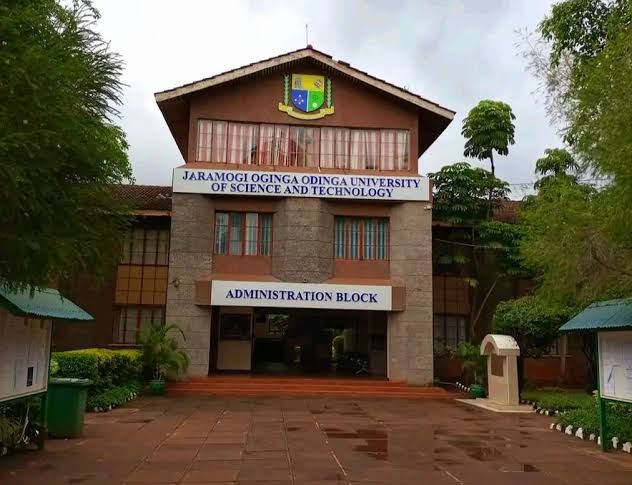By Victor Ochieng’
When President William Ruto was delivering his inaugural address on September 13, 2022, most educational stakeholders were keen to listen to his take on the Competency Based Curriculum (CBC). He apprised Kenyans that he intends to constitute a taskforce to subject the controversial new curriculum to public participation.
Going by that, there are only three possibilities: the taskforce can maintain it. Improve it. Or kill it and switch back to 8-4-4. In case they scrap it, one wonders what will happen to resources developed to prop up its implementation. There is also widespread worry of the fate of Grade 6 learners who have been under the curriculum and expected to move to Junior Secondary in January 2023.
Indeed, CBC is a new education system anchored on competencies such as learning to learn, digital-literacy, self-efficacy, critical thinking, problem-solving, citizenship, communication, collaboration, creativity and imagination. It borrows some principles from countries such as Germany, Finland, Canada, Sweden, New Zealand and Malaysia. It seeks to supplant the 8-4-4 System which is said to be more exam-oriented.
In fact, as a scribe, I have taken my time to read the Basic Education Curriculum Framework (BECF, 2017), developed by the Kenya Institute of Curriculum Development (KICD) and I must admit, CBC is not that bad. Albeit, there are glaring gaps that should be sealed to enhance its impressive implementation.
Ipso facto, the provenance of CBC dates back to the 2012 Report of the Taskforce on the Re-alignment of the Education Sector to the Kenya Vision 2030 and Constitution of Kenya 2010, chaired by Professor Odhiambo. The government developed the Sessional Paper No. 2 of 2015 on Reforming Education and Training in Kenya. The Sessional Paper recommended riveting reforms in the education and training sector. It advocated for a holistic approach to education, where learners are intellectually, emotionally and physically balanced citizens.
Consequently, CBC is a 2-6-3-3-3 System of Education. Learners are to take two years in pre-primary, six years in primary, three years in the junior secondary, three years in senior secondary (pathways) and three years at the tertiary level. As I pen this piece, pioneers of CBC are in Grade 6, just at the verge of junior secondary.
Somehow, Grade 6 learners are preparing for national assessment, which pundits posit that curriculum monitoring and evaluation is the last stage in Curriculum Development. Therefore, when the President gives a key clue of constituting a taskforce to seek public participation, it is crystal-clear that we are backpedaling to stage two, which is need-assessment.
In retrospect, as Grade 6 learners prepare to transit to junior secondary, gaps stare at us like Medusa’s face. Even the ministry is grappling with assembling facilities for the said lot. It sounds like a brilliant thought. Albeit, someone who balances realism with optimism will be swift to say: crisis is lurking like a predator ready to pounce on a prey. The year 2023 will be marked with double-intake. As secondary schools admit Forms Ones in 8-4-4, they will also receive Grade 7 learners in the CBC.
So, will Grade 7 learners be ripe to cope with social challenges in secondary schools? Is the infrastructure in schools sufficient to accommodate double-intake? Are there enough classrooms as it is being purported or it is just publicity stunts by mandarins at the Ministry?
Moreover, there is a gap in relation to teacher-preparedness to implement it. The teachers expected to implement it trained for 8-4-4 System. Somewhat, in case the government expects them to adjust to CBC, then, there is the exigent need for proper in-servicing sessions, seminars and workshops to build their capacities and help them develop useful soft skills such as flexibility and adaptability. Not just a few days training as it were.
In addition, it seems the framework of CBC in relation to parental-engagement is not relevant in Kenya. Some parents feel pensive because CBC is expensive when it comes to materials children ask for on daily basis. The general feeling on the ground is that parents spend too much money on weekly basis to defray ongoing projects. In some instances, parental-involvement is key in completion of assignments.
Curriculum designers assumed that all parents are literate, and can afford requirements without a tad of struggle. Another assumption is that all parents are from the middle class. Somehow, the CBC proponents forgot that some Kenyan families are financially famished, and are grappling to eke out a decent living. Putting bread on the table is an onerous task.
Again, there is the gap of marginalisation. Based on some demands, the system is becoming utterly unfair to children from the hinterlands. Yet — a good education system should be an equalizer. When we focus on Senior Secondary, where learners will have to specialise, more facilities like music labs will be required to facilitate study of Music, in the Arts and Sports pathway.
Lastly, another gap glares at us in the Junior Secondary. There is a giant core-subject called Pre-technical and Pre-career Education. One wonders how teachers will meet learning objectives of a subject that has several areas hidden therein. It is where we have areas such as metalwork, woodwork, electricity, aviation technology, building construction, power mechanics, drawing and design — are there sufficiently trained teachers to implement the curriculum in these important strands?
The writer is an editor, orator and author. vochieng.90@gmail.com. 0704420232







Whatever competences in CBC is not realistic in classroom level.parental engagement is not there at parents are busy trying to meet other needs esp basic due to high cost of living.Teachers are not ready to be in the tag of war between parents and MOE on CBC .children are not benefiting at all
I feel the CBC will not address the high umeployment rates in kenya but rather we shall have graduates who have skills and talents that can not be converted into income. Have we asked ourselves like Kenyans, what are we lacking? how should education fill in this gap? Having a music graduate in kenya will only show case their music talents either in high end places or leave the country. I do not see Kenyans as consumers of some of these talents and skills.
I feel the there should be a thorough research on where Kenya will be in 5-30 years, what skills will we need and how do we tap on these skills from this generation. If we are addressing climate change, agriculture etc. These children should be taught using the recent innovations and solutions. We are facing food shortage because of using the same old methodologies we learnt in the 90s and here we are teaching our children the same old methodologies. Can CBC address modern problem of this century not solutions that were automated years ago. This invoke the kids to think in a broader perspective on how to make things work and how to solve problems .